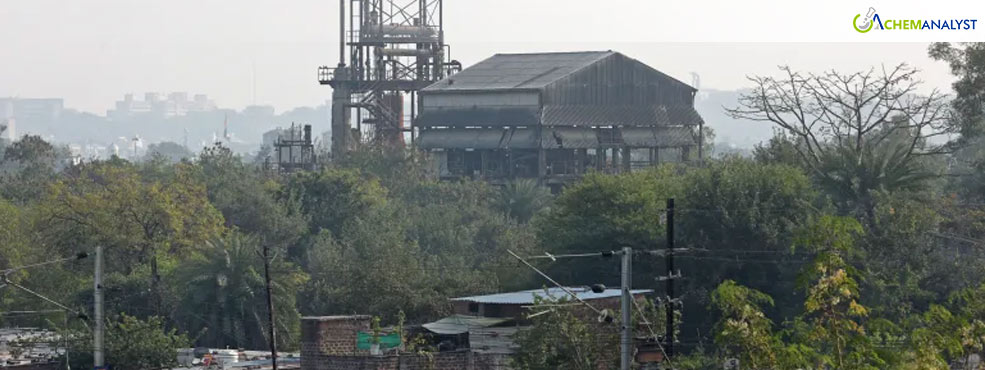Welcome To ChemAnalyst

Forty years after one of the world's worst industrial disasters, authorities in India have begun removing toxic waste from the site of the 1984 Bhopal gas leak.
On Thursday, December 2, 337 metric tons of hazardous waste were transported from the site of the Union Carbide pesticide plant to a disposal facility in Pithampur, 230 kilometers (142 miles) away from the site of tragedy. The waste will undergo incineration, a process expected to take between three to nine months.
The 1984 gas leak, caused by the release of methyl isocyanate, resulted in the deaths of more than 25,000 people and left hundreds of thousands with severe health issues.
The toxic waste consists of various materials, including 162 metric tons of soil contaminated with chemicals, 92 metric tons of residues from the pesticide Sevin and naphthol, 54 metric tons of pesticides that were not fully processed, and 29 metric tons of waste generated from the chemical reactors used in the production process.
The toxic waste was transported in 12 specialized containers designed to be both leak-proof and fire-resistant. Each container carried an average of 30 tonnes of waste. Approximately 100 workers were involved in the transfer operation, with safety protocols limiting work shifts to 30 minutes.
A 200-meter security perimeter was established around the transfer site. All entry points were closed, and over 1,000 police officers were deployed to maintain security.
The convoy of 12 containers travelled through the cities of Bhopal, Sehore, Dewas, and Indore on its way to Pithampur. To ensure safe transportation, the convoy maintained an average speed of 50 kilometers per hour. The convoy included a comprehensive support system with police escorts, ambulances, medical personnel, fire brigade units, and quick-response teams, totaling 25 vehicles. The transportation is scheduled to take place overnight.
While officials claim the disposal process will be environmentally safe, activists have raised concerns. Rachna Dhingra, a Bhopal-based activist who has worked with survivors of the tragedy, expressed worry that the solid waste remaining after incineration will be buried in landfills, potentially contaminating groundwater and causing further environmental harm.
"Why is the polluter Union Carbide and Dow Chemical not being compelled to clean up its toxic waste in Bhopal?" Dhingra questioned.
The Union Carbide plant, now owned by Dow Chemical, was once a symbol of industrial progress in India. However, the 1984 disaster left a devastating legacy. Groundwater contamination near the site has been found to contain high levels of chemicals linked to cancer and birth defects.
Communities in the vicinity continue to grapple with the long-term health consequences of the disaster, including high rates of birth defects, respiratory illnesses, and other health problems.
The removal of the toxic waste comes after decades of pressure from survivors and activists. The Indian government has faced criticism for its slow response to the environmental and health crisis caused by the disaster.
We use cookies to deliver the best possible experience on our website. To learn more, visit our Privacy Policy. By continuing to use this site or by closing this box, you consent to our use of cookies. More info.
